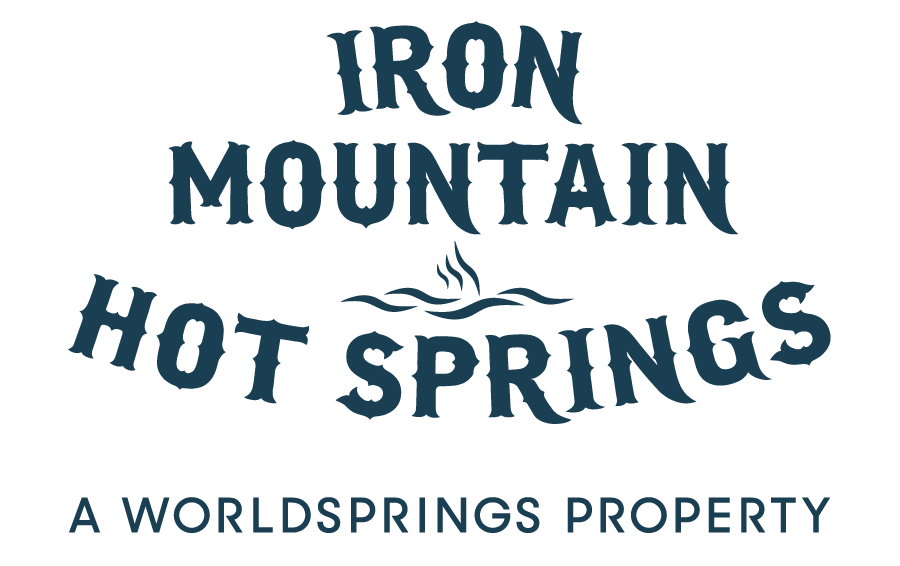What Are The Natural Minerals in Hot Springs?
People have been using mineral water’s natural healing powers for wellness for thousands of years. The Old Testament references the therapeutic use of mineral water, and Hippocrates, known as the “Father of Western Medicine,” wrote about healing with water in 500 B.C.
Some of the most common reasons for soaking in natural mineral waters are to revitalize the skin, calm the nerves, detoxify the body, and refresh oxygen levels. Many also turn to thermal mineral waters for health issues such as arthritis, fibromyalgia, skin conditions, depression, respiratory illnesses including asthma, and locomotor and circulatory diseases.
Common Reasons for Soaking in Natural Mineral Waters
Soaking in hot water can rejuvenate and help ease sore muscles and reduce stress. The jets from a whirlpool spa offer additional benefits in the form of hydrotherapy massage targeting specific parts of the body.
Mineral Composition of Iron Mountain Hot Springs Water
Several natural hot springs emerge onto the Iron Mountain Hot Springs property with average water temperatures ranging from 105 to 108°F. There are more than 14 different minerals found in the water:
- Boron
- Calcium
- Chloride
- Fluoride
- Iron
- Lithium
- Manganese
- Magnesium
- Potassium
- Phosphate
- Silica
- Sodium
- Sulfate
- Zinc
Iron, sulfate, chloride, sodium, and calcium are the five most abundant minerals in the soaking pools. Iron and sulfate are known for their relaxing qualities. Thermal heat from the springs is used to warm the family pool, walkways, and buildings.
Varieties of WorldSprings Inspired Pools
Each of the WorldSprings inspired pools includes different mineral formulas. Each pool is diverse; for example, the Blue Lagoon pool is rich in Silica, Potassium, and Boron minerals; the Vichy pool includes Bicarbonate, Silica, Sodium, and more minerals; the Hokkaido, the Japan pool, is naturally rich in Sodium, Sulphur, and Bicarbonate; the Turkey pools have large amounts of Bicarbonate, Sulphate, and Calcium; the Romania pool is rich in Iron, Magnesium, Potassium, and Calcium; the New Zealand pool incorporates Sodium, Sulfate and Potassium, the Italy pool is rich with Sodium, Sulfate and Bicarbonate; and in the Bali pool, Sulfate and Magnesium makeup 74% of the minerals.
Make sure to read our other articles in the Iron Mountain Hot Springs Media Room.



